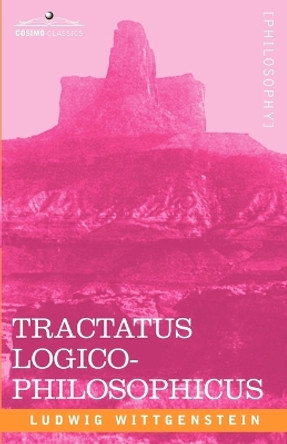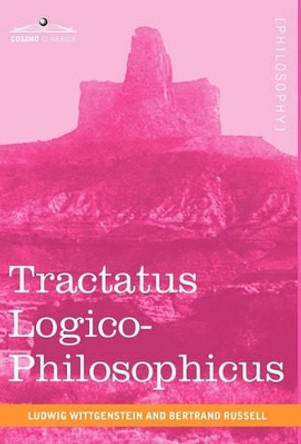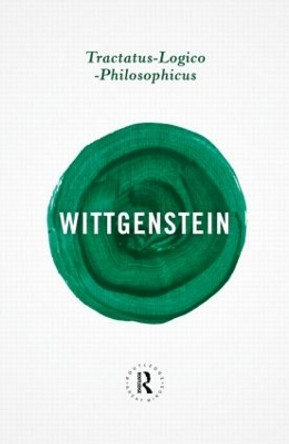'what can be said at all can be said clearly; and of what one cannot talk, about that one must be silent' Wittgenstein's Tractatus Logico-Philosophicus, first published in German in 1921 and in English translation in 1922, is one of the most influential philosophical texts of the twentieth century. It played a fundamental role in the development of analytic philosophy, and its philosophical ideas and implications have been fiercely debated ever since. This new translation improves on the two main earlier translations, taking advantage of the scholarship over the last century that has deepened our understanding of both the Tractatus and Wittgenstein's philosophy more generally, scholarship that has also involved discussion of the difficulties in translating the original German text and the issues of interpretation that arise. Michael Beaney's translation is accompanied by two introductory essays, the first explaining the background to Wittgenstein's work, its main ideas and their subsequent development and influence, and some of the central debates, and the second providing an account of the history of the text and the two earlier translations. It is accompanied by detailed notes, explaining key points of translation and interpretation, a glossary, chronology, and other editorial material designed to help the reader understand the Tractatus and its place in the history of philosophy.
About the AuthorMichael Beaney is Professor of History of Analytic Philosophy at the Humboldt University in Berlin, Regius Chair of Logic at the University of Aberdeen in Scotland, and Visiting He Lin Chair Professor of Philosophy at Tsinghua University in Beijing. Educated at Oxford, he taught at various universities in London and Yorkshire before taking up his current posts. He is the editor of The Oxford Handbook of the History of Analytic Philosophy (OUP, 2013), and is the author of Analytic Philosophy: A Very Short Introduction (OUP, 2017). As well as the history of analytic philosophy, his research interests include Chinese philosophy, creativity, historiography, and philosophical methodology.
ReviewsParadox is a powerful source of philosophical intrigue. And these two new editions attest to the status of the Tractatus as perhaps the philosophical classic of the twentieth century, inspiring not only philosophers of both "analytic" and "continental" stripes, but also writers, logicians and film-makers. * Jonathan Egid, The Times Literary Supplement *
Book InformationISBN 9780198861379
Author Ludwig WittgensteinFormat Paperback
Page Count 208
Imprint Oxford University PressPublisher Oxford University Press
Weight(grams) 150g
Dimensions(mm) 200mm * 128mm * 11mm








